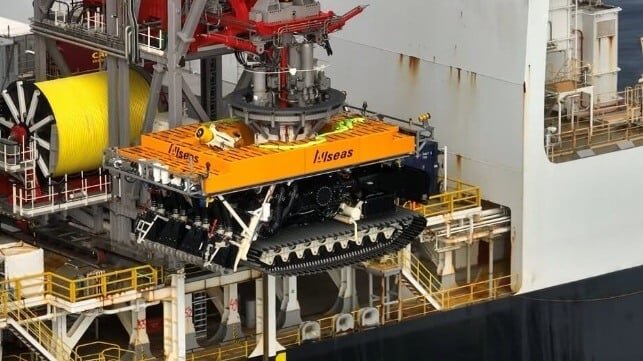Ultimately, the potential impacts of deep-sea mining on the midwater ecosystem highlight the need for caution and further research. The delicate balance of life in this hidden world is already under threat from climate change and overfishing. Adding the disruption of mining operations could have far-reaching consequences for marine life and the health of our oceans.
Before rushing to exploit the resources of the deep sea, it is essential that we fully understand the risks and take steps to minimize any potential harm. This includes conducting thorough environmental impact assessments, establishing protected areas, and developing sustainable mining practices that prioritize the protection of marine ecosystems.
As we continue to explore and exploit the depths of our oceans, we must remember that these vast and mysterious worlds are home to countless unique and fragile creatures. It is our responsibility to ensure that we do not destroy these ecosystems in pursuit of short-term gains.
By working together to balance the needs of industry with the preservation of our oceans, we can ensure a sustainable future for both humanity and the diverse life forms that call the deep sea home.
Deep-Sea Mining and its Impact on Carbon Sequestration
When zooplankton and fish respire, excrete waste, or sink after death, they contribute to carbon export to the deep ocean, where it can be sequestered for centuries. The process naturally removes planet-warming carbon dioxide from the atmosphere.
Need for Further Research
Despite growing interest in deep-sea mining, much of the deep ocean, particularly the midwater zone, remains poorly understood. A recent study in the Clarion-Clipperton Zone found that 88% to 92% of species in the region are new to science.
Current mining regulations primarily focus on the seafloor, overlooking broader ecosystem impacts. The International Seabed Authority is set to discuss key decisions on future seabed mining in July 2025, including rules and guidelines relating to mining waste, discharge depths, and environmental protection.
These decisions could shape large-scale commercial mining in ecologically important areas like the Clarion-Clipperton Zone. However, the consequences for marine life are unclear. Without comprehensive studies on the impact of seafloor mining techniques, irreversible choices that could harm fragile ecosystems may be made.
Alexus Cazares-Nuesser, a Ph.D. candidate in biological oceanography at the University of Hawaii Manoa, focuses on zooplankton ecology in the Clarion-Clipperton Zone, a region of the Pacific considered for deep-sea mining for polymetallic nodules.
This article appears courtesy of The Conversation and may be found in its original form here.


